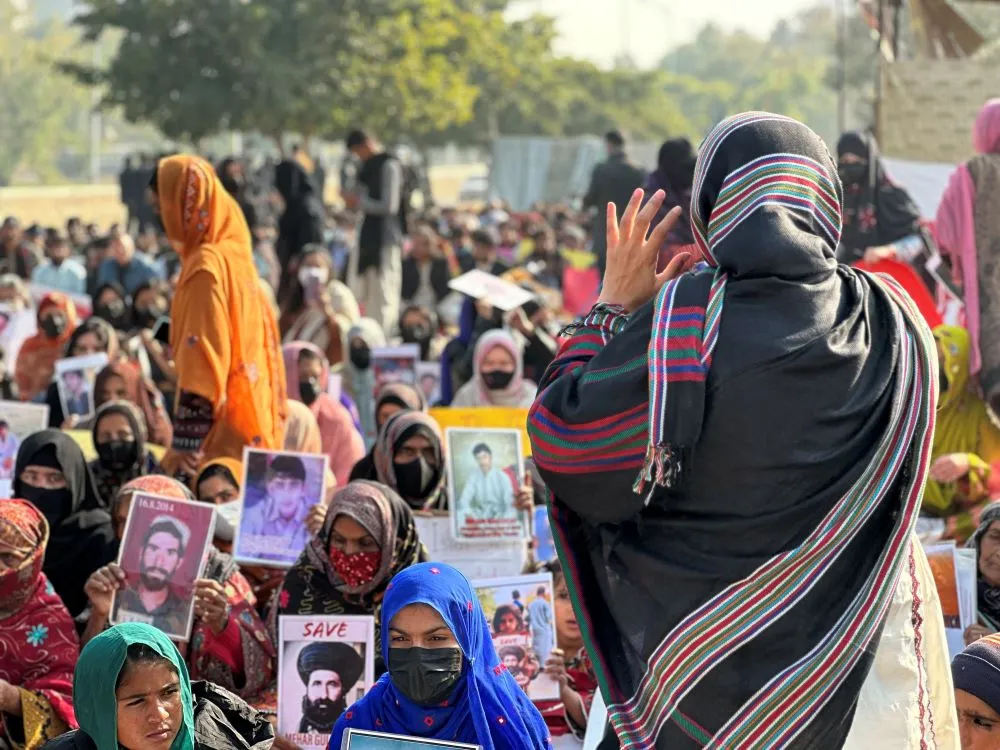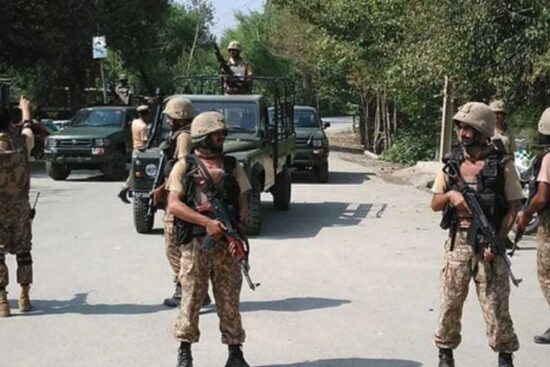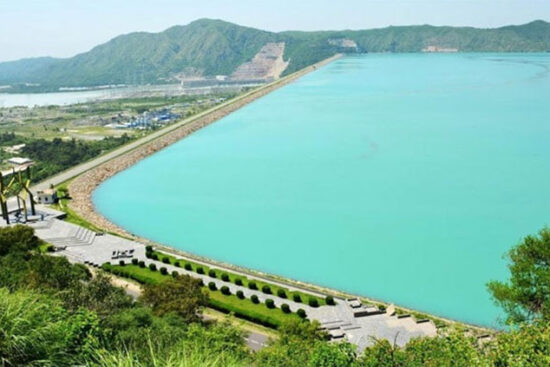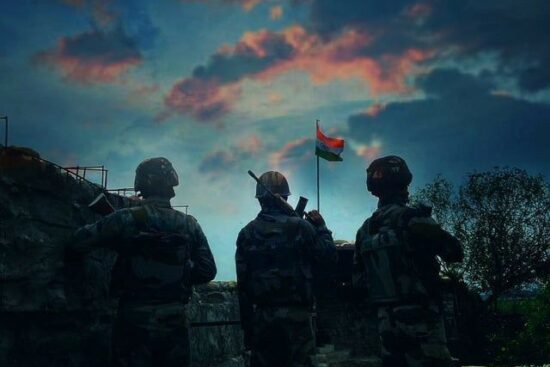
The current situation in Balochistan, characterized by protests and unrest, raises crucial questions about state sovereignty and the alignment of local grievances with anti-state narratives. The complexity of the issue necessitates an examination of the separatist tendencies in Balochistan that have persisted for long. The alleged nexus of these tendencies with external influences and the impact it has on the legitimacy of the Baloch issues and grievances is worth making a distinction in. If this distinction is not made and respected, the current situation will come to repeat itself again and again.
In dealing with the Balochistan issue, Pakistan’s state sovereignty is crucial. Existence of separatist groups put the state’s ability to retain territorial integrity and political unity under jeopardy. These inclinations are allegedly fueled by other forces, most notably India, as Pakistan claims. This external dimension, which Pakistan frequently emphasizes and brings up on international forums especially the United Nations, aims to delegitimize the separatist groups by exposing them as actors in a broader geopolitical game rather than a real expression of local frustrations and aspirations.
The Balochistan Liberation Army (BLA), classified as a terrorist organization by Pakistan, the UK, and the US, plays a pivotal role in this context.
The reluctance of some protesters taking part in the ongoing protests to denounce the BLA’s actions outright and reaffirm their allegiance to Pakistan’s sovereignty complicates the situation.
This ambivalence can be interpreted as a tacit endorsement of the BLA’s separatist agenda, which undermines the legitimacy of the demands of the ongoing protests in the eyes of the state.
Anti-state Sentiments
The problem of extrajudicial executions and missing persons in Balochistan complicates matters even more. While these are genuine important human rights issues, they also serve as a rallying point for anti-state sentiments, especially when brought up by protestors without supporting evidence. Every Baloch, like every Pakistani, has the right to protest. But the platform being used to tarnish the image of state institutions undermines the cause of the Baloch people. The state’s response to these claims will be critical in establishing its human rights stance and commitment to resolving the matter of extrajudicial murders and enforced disappearances.
However, the alignment of some Baloch demands with anti-state narratives is detrimental to the whole effort. By associating with agendas that challenge the state’s sovereignty, the protesters risk alienating potential allies within the Pakistani polity and the international community. This alignment inadvertently validates the state’s narrative of external interference and terrorism, overshadowing the genuine socio-economic and political grievances of the Baloch people.
The cause and effect relationship in this scenario is a cyclical one.
Separatist tendencies, influenced by a mix of internal discontent and external support, provoke a state response that often exacerbates the situation.
This, in turn, fuels further separatism. To break this cycle, a multifaceted approach is needed, addressing both the legitimate grievances of the Baloch people and the imperatives of state sovereignty.
This is a complex interplay of local grievances, state’s existential need to exert its sovereignty, and external influences meddling intentionally to play foul. A resolution to the crisis requires a balanced approach that acknowledges and addresses the genuine grievances of the Baloch people while reaffirming the principles of state sovereignty and territorial integrity. Only through such an approach can a sustainable and peaceful solution to the Balochistan issue be found.

















Leave a Reply